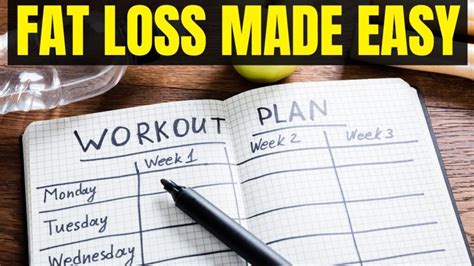Understanding Post-Meal Bloating
That uncomfortable, full, and sometimes painful sensation in your abdomen after a meal, commonly known as bloating, is a universal experience. It often occurs when your digestive system produces excess gas or when food moves slowly through your gut. While occasional bloating is normal, persistent or severe bloating can be disruptive. The good news is that many quick and effective strategies can help ease this discomfort rapidly.
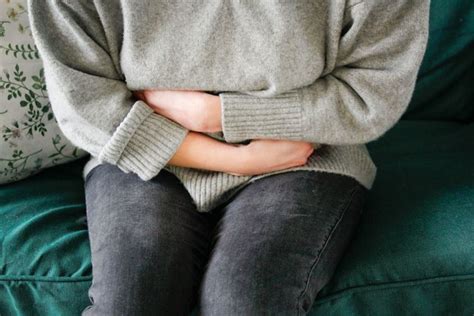
Immediate Relief Strategies
When bloating strikes, you want relief fast. Here are several immediate actions you can take:
Go for a Gentle Walk
Movement is a powerful digestive aid. A short, leisurely stroll after eating can stimulate your gut muscles, helping to move gas through your digestive tract and reduce the feeling of fullness. Aim for 10-15 minutes.
Sip on Herbal Tea
Certain herbal teas are renowned for their anti-bloating properties. Peppermint tea helps relax digestive muscles, while ginger tea can soothe the stomach and promote digestion. Fennel tea is another excellent option for reducing gas.
Gentle Abdominal Massage
A light, circular massage on your abdomen can encourage gas movement. Lie down on your back and gently rub your belly in a clockwise direction, following the natural path of your colon, for 5-10 minutes.
Stay Hydrated (Warm Water)
While cold drinks can sometimes exacerbate bloating, sipping on warm water can help dissolve gas and aid in digestion. Avoid carbonated beverages, which add more gas to your system.

Dietary Adjustments for Quicker Digestion
Beyond immediate remedies, making smart food choices can prevent bloating from occurring in the first place, leading to quicker overall relief.
Eat Slowly and Chew Thoroughly
Digestion begins in your mouth. Rushing through meals means swallowing more air and not breaking down food sufficiently, both of which contribute to bloating. Take your time, savor each bite, and chew food until it’s nearly liquid.
Watch Your Portions
Overeating places a heavy burden on your digestive system, leading to discomfort. Eating smaller, more frequent meals can be easier to digest than three large ones.
Identify Trigger Foods
Common culprits include cruciferous vegetables (broccoli, cabbage), legumes, dairy products (if lactose intolerant), and high-fat foods. Keep a food diary to identify your personal triggers and consider limiting them, especially before important events.
Limit Gas-Producing Foods and Drinks
Carbonated drinks, chewing gum, hard candies, and artificial sweeteners are notorious for introducing excess air or fermentable sugars into your digestive system. Minimize their consumption.
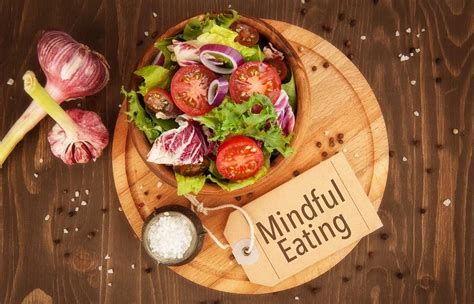
Lifestyle Habits to Reduce Bloating
Your daily routine plays a significant role in digestive health.
Manage Stress
Stress and anxiety can directly impact your digestive system, often leading to bloating and other discomforts. Incorporate stress-reduction techniques like meditation, yoga, or deep breathing exercises into your day.
Regular Physical Activity
Beyond post-meal walks, consistent exercise helps maintain a healthy digestive system, promoting regular bowel movements and reducing gas buildup.
Get Enough Sleep
Lack of sleep can disrupt your body’s natural rhythms, including digestion. Aim for 7-9 hours of quality sleep per night.
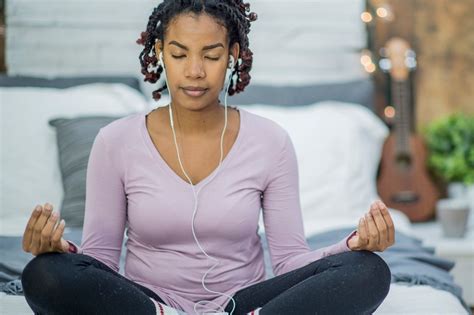
When to Seek Medical Advice
While most cases of bloating are benign and respond to lifestyle changes, it’s important to know when to consult a healthcare professional. If your bloating is persistent, severe, accompanied by unexplained weight loss, changes in bowel habits, blood in your stool, or fever, seek medical attention. These symptoms could indicate an underlying medical condition that requires diagnosis and treatment.
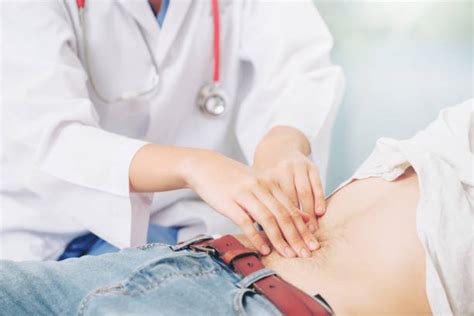
Conclusion
Bloating after meals can be uncomfortable, but with a combination of immediate relief techniques and mindful dietary and lifestyle adjustments, you can significantly reduce its occurrence and severity. By paying attention to how your body reacts to different foods and embracing healthy habits, you can enjoy your meals without the dread of post-meal discomfort.



